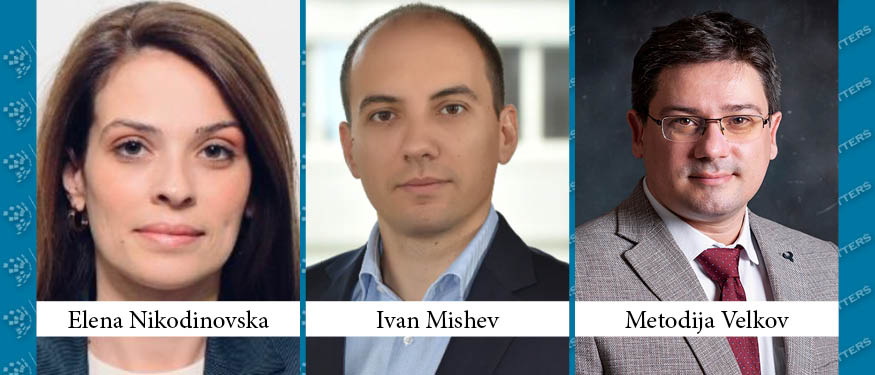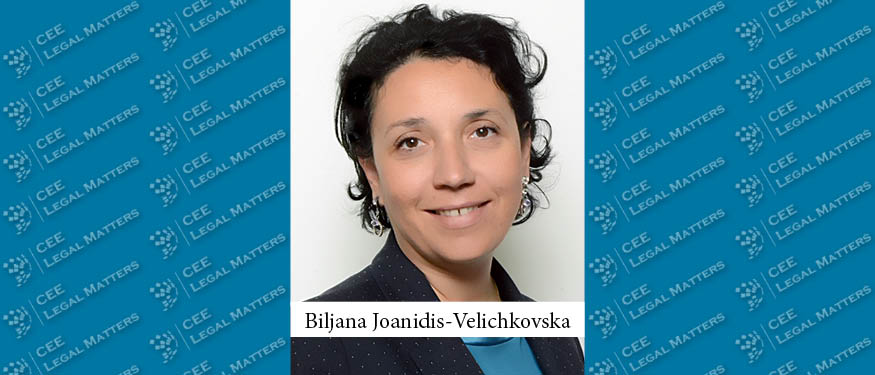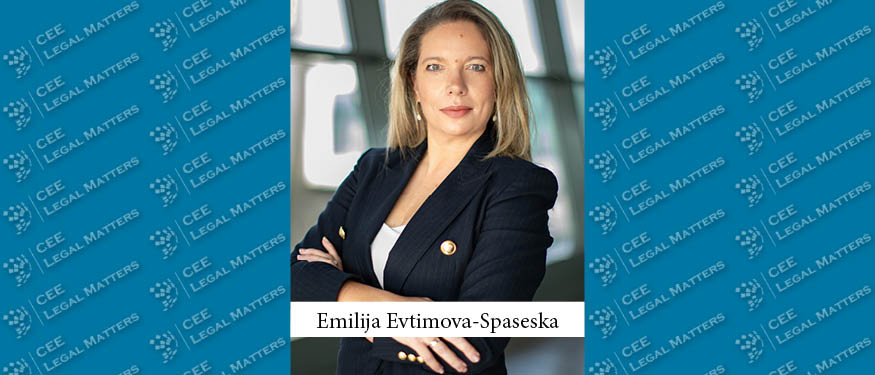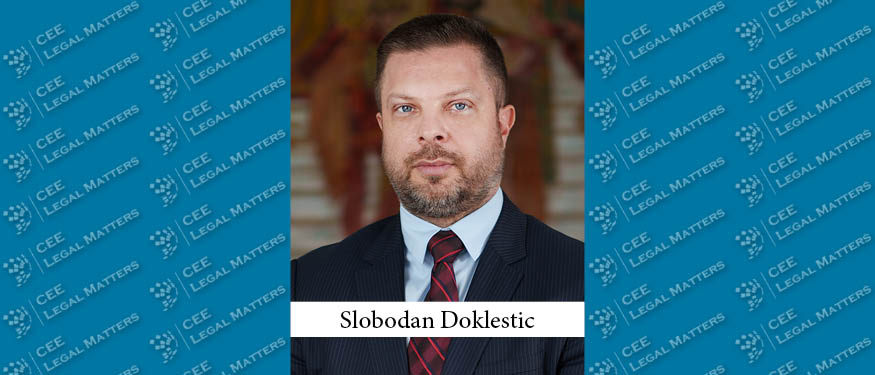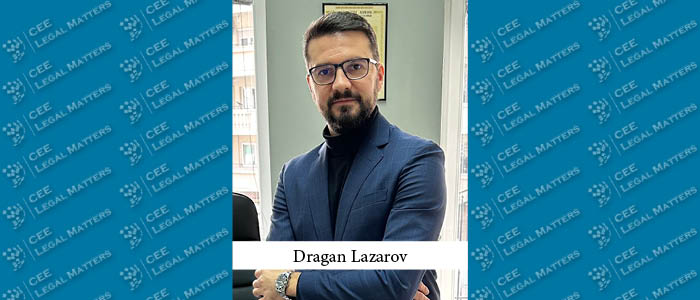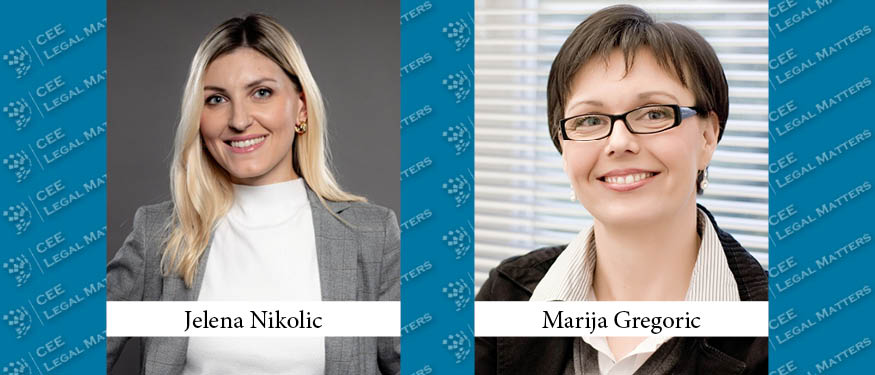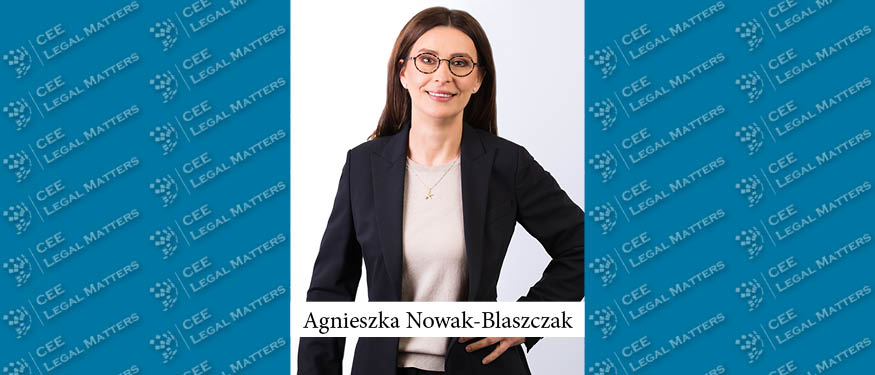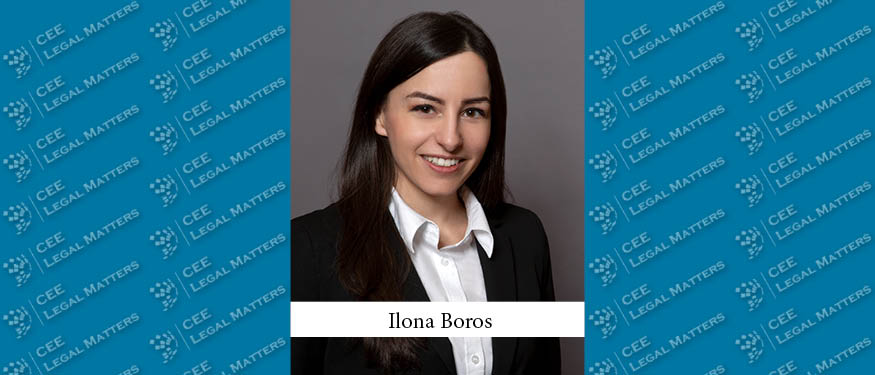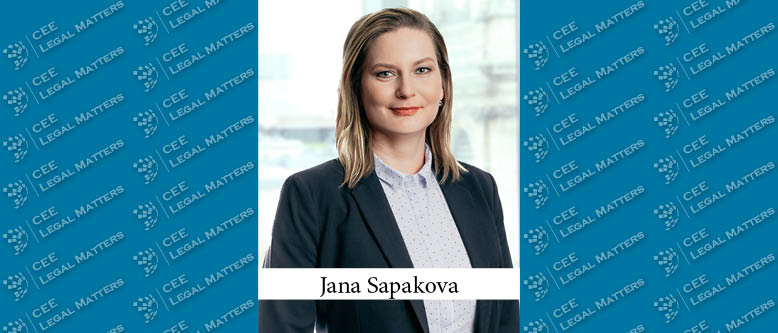I have now spent more than 25 years in the legal advisory business world. With my core focus on cross-border M&A transactions for Austrian and international clients and having worked on many deals that also covered the Central and Eastern Europe (CEE) region, I have witnessed lawyering in CEE register remarkable growth and sophistication over the past years.
The Corner Office: New Practice Development Strategy
In The Corner Office, we ask Managing Partners at law firms across Central and Eastern Europe about their backgrounds, strategies, and responsibilities. This time around we turn our attention to setting up new practices and ask: When launching a new practice, what is your go-to strategy – do you look at internal team members to spearhead it, or are you more likely to turn to lateral hires? Why?
La Grande Nouvelle Du Jour: Serbia and France Sign Transformative Agreements
Serbia and France recently deepened their bilateral relations by signing multiple strategic agreements during French President Emmanuel Macron’s visit to Belgrade. These agreements span multiple sectors and are poised to have profound impacts on Serbia’s economy, business environment, and legislative landscape. Doklestic Repic & Gajin Partner Slobodan Doklestic and NKO Partners Partner Petar Orlic look at these agreements and their anticipated effects.
Gambling: North Macedonia’s High-Stakes Industry
In North Macedonia, gambling is more than just a popular pastime – it’s a major economic driver. Papazoski and Mishev Law Firm Attorney at Law Ivan Mishev, Law office Emil Miftari Attorney at Law Elena Nikodinovska Miftari, and Polenak Law Firm Partner Metodija Velkov discuss the industry’s impact on the economy and the challenges posed by evolving regulations.
Governmental Reshuffle in North Macedonia: Streamlining for Growth
North Macedonia has undergone a significant governmental reshuffle following its recent elections. Joanidis Founding Partner Biljana Joanidis-Velichkovska discusses these changes and their implications for the country.
Inside Insight: Interview with Emilija Evtimova-Spaseska of TAV Macedonia
TAV Macedonia Legal Affairs Manager Emilija Evtimova-Spaseska discusses her journey from law firm partner to in-house counsel and her role in overseeing legal operations for Skopje and Ohrid airports.
Know Your Lawyer: Slobodan Doklestic of Doklestic Repic & Gajin
An in-depth look at Slobodan Doklestic of Doklestic Repic & Gajin covering his career path, education, and top projects as a lawyer as well as a few insights about him as a manager at work and as a person outside the office.
Know Your Lawyer: Dragan Lazarov of Law Office Lazarov
An in-depth look at Dragan Lazarov of Law Office Lazarov covering his career path, education, and top projects as a lawyer as well as a few insights about him as a manager at work and as a person outside the office.
Digital Nomads in Croatia, Montenegro, and Serbia
Central and Eastern Europe is increasingly on the radar of digital nomads seeking new destinations. The countries they flock to see their markets impacted – for better or worse – with both opportunities and challenges aplenty. Babic & Partners Partner Marija Gregoric and JPM & Partners Partner Jelena Nikolic analyze these impacts.
Ukraine: Employee Incentives – Important Employment Law Considerations
Keeping employees motivated and engaged, and retaining the brightest talent can be an effortful task for businesses. Employers agree that fixed net income and mere compliance with basic employment standards are not sufficient and, thus, promote incentive programs as a recognized instrument to navigate this challenge. While worldwide trends in incentivizing employees are similar, each country has developed a set of its own legislative rules and market practices – and Ukraine is no exception.
Poland: Collusion in the Labor Market – Competition Authority Cracks Down on Anti-Competitive Practices
The Polish competition authority – Urzad Ochrony Konkurencji i Konsumentow (UOKiK) – is actively investigating potential collusion in the labor market.
Romania: The Collective Dismissal Process – How It Operates and Its Legal Implications
In a constantly changing economy, companies often face the need to adjust their workforce, sometimes resorting to drastic measures such as the collective dismissal process. According to Romanian labor legislation, the process of collective dismissal entails following a rather laborious procedure, aiming to protect both employers and employees in order to prevent abuses and ensure a smoother transition in restructuring situations.
Czech Republic: Equal Treatment of Employees in M&A Transactions in Light of Recent Case Law
In M&A transactions, there is often a transfer of activities and a subsequent transfer of rights and obligations under employment law within the meaning of European Directive 2001/23/EC on the approximation of the laws of the Member States on safeguarding employees’ rights in the event of transfers of undertakings, businesses or parts of undertakings or businesses (TUPE transfer). As a result, the seller’s employees who worked in the transferred establishment will transfer to the buyer. If the buyer has existing employees, the working conditions of the original and new employees may differ. These differences can pertain to salaries and benefits. Are they permissible?
Hungary: Lost Momentum? Tightened Rules on the Admission and Right of Residence of Third-Country Nationals
According to the National Employment Service’s study on foreign workers, at the end of 2023, there were a total of 87,661 work permits in force, a figure that has increased significantly in the last two years, with only 34,000 valid permits at the end of 2021 and slightly more than 51,000 in 2022.
Austria: Mobile Working – New Legislation and Legal Pitfalls
In recent years, accelerated by the COVID-19 crisis, the Austrian landscape of work has shifted, with remote working becoming a staple in the modern employment environment. In Austria, this development is reflected in the so-called 2021 “Home Office Act” which formalizes fundamental aspects of labor, tax, and social security law. However, the Home Office Act applies only to work performed from home.
Greece: Violence and Harassment in Workplaces – Overview of the Legal Framework
The topic of violence and harassment at work has become increasingly important in Greek employment law. In recent years, Greece has made significant steps by adopting legislative measures aiming at ensuring an equal and healthy working environment for all employees. However, the new framework raises certain complex legal concerns regarding the implementation of the legislation on violence and harassment by the employer. This article provides an overview of these issues within the context of Greek employment law.
Serbia: Non-Compete Clauses Labor Law
Non-competition (non-compete) clauses came into the spotlight this year as the US Federal Trade Commission (FTC) decided to impose a broad ban on their use. The underlying motive for this is the perception that the non-compete clauses, in the words of FTC Chair Lina Khan, keep wages low, suppress new ideas, and rob the American economy of dynamism, including from the more than 8,500 new start-ups that would be created a year once non-competes are banned. However, this rule quickly faced challenges, including a lawsuit from the US Chamber of Commerce, which argued that it was unfounded and that the FTC exceeded its authority.
Slovakia: Agreeing on and Withdrawing from Competition Clauses
Competition clauses are found in a number of European jurisdictions. Slovak legislation on post-employment non-compete clauses is characterized by: the obligation to agree on a non-compete clause in an employment contract, the possibility to agree on it only with a certain type of employee, time limitation, and remuneration.




